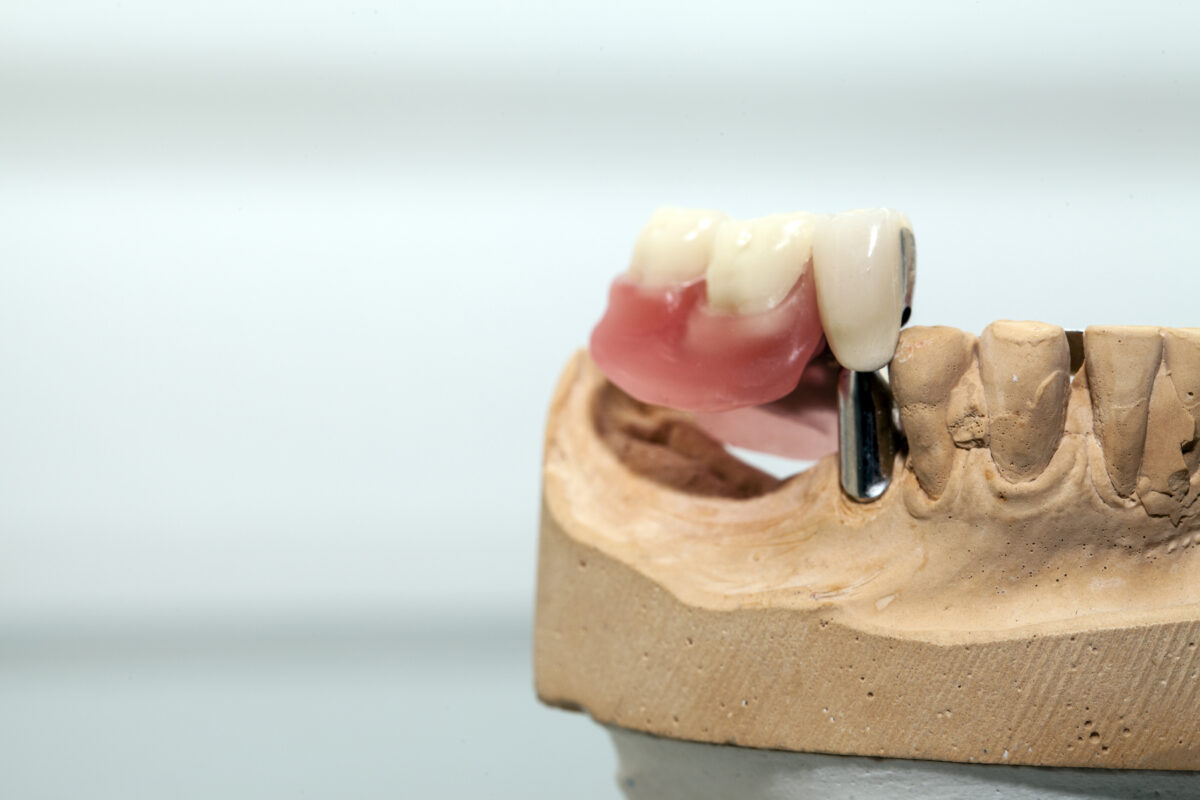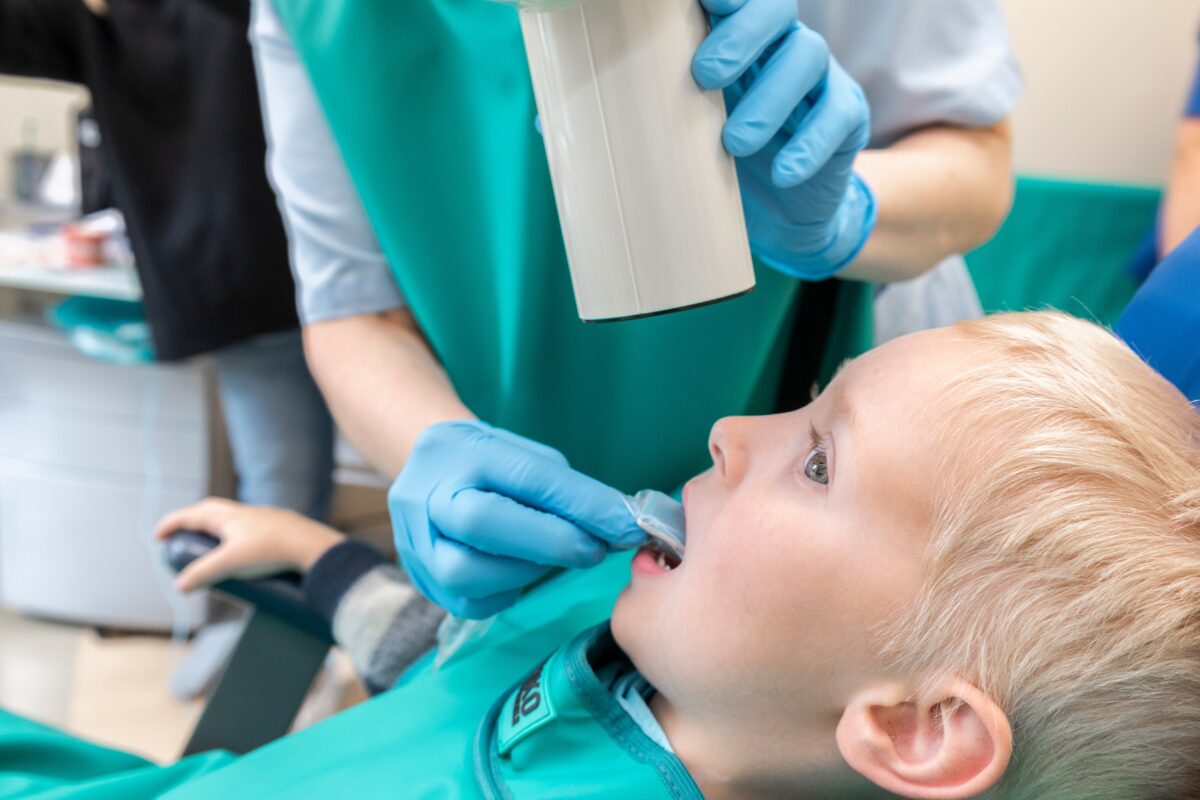Who Are Good Candidates for Dental Implants?
When it comes to replacing missing teeth, it’s essential to understand the criteria that must be met to receive dental implants. Dental implants have revolutionized the field of restorative oral surgery, offering a reliable and long-lasting solution for replacing missing teeth. To ensure a successful implantation process, it’s important to consider the qualities that make an individual an ideal candidate.
The Oral and Facial Surgery Institute is dedicated to providing transparent, effective care. Learn more about our services on our website or contact us today!
Understanding Dental Implants
Dental implants go beyond cosmetic enhancements; they provide a functional and durable alternative to dentures or other replacement options. Composed of titanium posts and custom-made crowns, implants mimic the natural structure of teeth, offering benefits that extend beyond aesthetics.
General Criteria for Dental Implants
Achieving success with dental implants requires a foundation of good oral heath and overall health. Healthy gums, sufficient bone density, and consideration of medical history are essential factors in determining candidacy.
Specific Qualities of Good Candidates
Age, commitment to oral hygiene, and psychological factors play crucial roles in identifying suitable candidates for dental implants. Even though you can’t technically be too old for dental implants, there are several age-related health factors that rule out candidacy for dental implants, including deteriorated bone density or significant gum recession.
Health Conditions and Dental Implants
Certain systemic health conditions and medications may influence candidacy. Specific conditions like diabetes and heart disease may contribute to adverse side effects or cause your body to reject the implant. Medications related to these conditions can also be a concern, specifically if you take insulin to regulate your blood sugar.
Assessing Bone Density
Understanding the importance of sufficient bone density is vital in determining the success of dental implants. Dr. Davis will examine your bone density using X-rays, CT scans, and other imaging techniques. For an evaluation, schedule an appointment by contacting our office.
Dental Implant Consultation Process
Schedule a Consultation: Visit our website or call our office to schedule a comprehensive consultation with Dr. Davis.
Evaluation: Dr. Davis will use technology and other techniques to determine your candidacy for dental implants. Be sure to ask all of your questions. Our staff is happy to help you understand your condition and the impending procedure.
Procedure: Before your appointment, check out our “New Patients” tab on our website to prepare for your upcoming surgery.
Potential Challenges and Considerations
While dental implants boast high success rates, it’s essential to acknowledge potential complications and risks. In some cases, dental implants may be rejected by the body. There is also potential for infection if the patient is not cared for properly following the procedure. Be sure to understand the extent of the procedure and make the best choice for your lifestyle.
Conclusion
At the Oral and Facial Surgery Institute, we aim to provide the best care to each patient. Understanding the criteria for a good candidate for dental implants ensures a positive experience in our office and a successful implant procedure. Be sure to acknowledge the extent of the dental implant process and understand the after-care requirements of the procedure.
We are here to guide you to a healthier, happier smile. Dr. Davis and his talented team are here to provide a tailored treatment plan. Visit our website or connect with us on Instagram to learn more about our services and meet our team!




